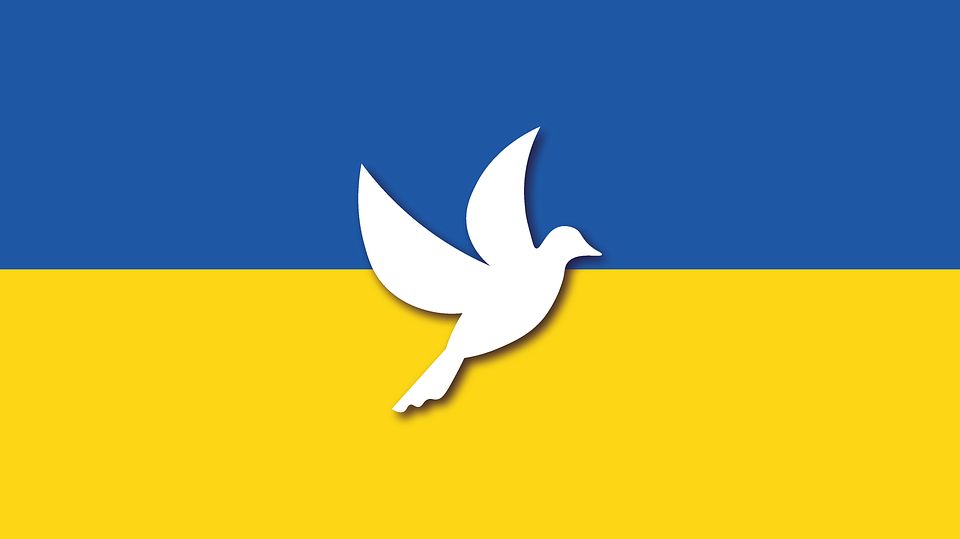That the liberation of Kherson sparked jubilation across Ukraine is wholly unsurprising; for the populace, their will to prevail undented by almost a year of fighting, it was vindication. As the Blue and Yellow rose over city hall the Crimea itself seemed to come headily within reach, and with it the war’s end. Yet, viewed in the cold light of day Putin’s ceding of Kherson can only imply renewed intent, portending years of bloodshed still to come.
The liberation ended a week of fevered speculation, confirming that this was no elaborate ruse; the Russians had abandoned one of their strongest defence positions, a key crossing point anchored by the Black Sea and the Dnipro, the dagger pointed at Odessa and beyond. The threat was illusory, the unfounded fears more a reflection of the media’s military illiteracy than the reality on the ground.
At the tactical level, stay-behind parties might have inflicted, at most, local reverses before being annihilated, a senseless waste of now-scarce men and materiel, while operationally the Russians possess neither the reserves nor the talent to pull off some grand coup de maître. They were prudent enough to attempt neither. Indeed, far from Moscow’s latest strategic blunder, the orderly and well-executed retreat demonstrates, for perhaps the first time since the invasion began, sound military logic. Its implications are profound, far outstripping the ambush that never was, for they indicate nothing less than a renewed commitment to military victory, however long it may take.
That the withdrawal is a symptom of Russian weakness is indisputable; you do not concede territory, much less ground so bitterly contested, unless absolutely necessary. Yet its significance has been vastly exaggerated by a media narrative fixated, Syria-eqse, on the control of cities. With their forces decimated, and reeling from a masterful Ukrainian counterstroke, the Russians were hardly about to surge forth to Odessa. That moment had passed. Shorn of strategic purpose, the Kherson salient had become a liability, tying down anything up to 30 000 troops.
Already plagued by supply issues, and now suddenly vulnerable to a possible Ukrainian thrust down the East bank of the Dnipro, the risk of isolation and capture simply outweighed any benefit in clinging stubbornly on. That the Russians perceive themselves unable to block any such move is itself heartening, testifying to the extent their once-vaunted mobile capability has been degraded.
All the same, the prioritising of military over political considerations ought to concern the West, signalling a dramatic shift in the Kremlin’s outlook. Kherson was a symbol of ‘Russification’, the only regional capital taken and, in theory if not practice, a point from which Putin could hold Ukraine’s grain exports to ransom, raising, Damocles-like, the spectre of famine over much of the third-world. Were the Russians planning to come to the table the squandering of such a key bargaining chip, for a transient military advantage, would represent the height of folly. This, then, suggests that Putin is not looking for a negotiated settlement, that he does not wish to use the ‘off-ramps’ Western doves and realpolitik types constantly advocate.
After all, despite Zelensky’s recent calls for ‘total victory’ he would be hard pressed to reject an offered ceasefire. Western pressure would be intense, particularly from fair-weather friends France and Germany, while the Russian propaganda machine would inevitably spin any rejection as a direct threat to the Rodina. To pass on talks at a time when further retreat seems likely indicates faith in an ultimate victory, or at least a stronger negotiating position in the long term.
Nor is this belief fantastic; the Russian army will soon rebound from their September nadir. The Kherson withdrawal will free up, at the very least, several thousand troops for immediate redeployment.
Yet this is merely the tip of the iceberg. Putin’s partial mobilisation may have been too little, too late to save his crumbling Eastern front, but even that humiliating collapse has a silver lining. Safe in the knowledge that Zelensky, fearing a potential nuclear escalation, is unlikely to violate their borders, or those of Belarus, the Russians can divert significant forces south while stationing just enough troops opposite Kyiv and Kharkiv to pin their Ukrainian counterparts in place. When added to the 300 000 conscripts now trickling to the front this gives them the makings of an army certainly larger and, in time, likely more combat-effective than their initial invasion force.
By preparing a defence-in-depth and grinding slowly forward, under a tremendous umbrella of artillery fire, the Russians can negate the Ukrainian’s proven manoeuvre superiority, locking them into a meatgrinder battle they cannot win. Beyond eroding Ukraine’s finite manpower reserves, this would give Russian commanders a proving ground for the new tactics and doctrines they so evidently need, while buying time to reorganise their new mass army into a coherent fighting force, ready to take the offensive once more.
None of this should detract from the Ukrainian victory in Kherson; every city, village or town clawed back is, potentially, one less Katyn, one less Bucha, reducing ever-so-slightly the human cost of the conflict. The residents’ relief speaks for itself.
To call this the beginning of the end, however, is not only presumptive but positively foolhardy. Even the most optimistic Kremlinologist would be hard-pressed to find signs of moderation, and with Putin’s grip on power as secure as ever there appears no end in sight. There can be no clearer message than the petulant hailstorm of missiles unleashed on soft targets across Ukraine this week.
The Ukrainians will fight on; of that there is no doubt. What matters is how we support them. If the next battle is to be an artillery one then deliveries of both pieces and shells must increase dramatically. They cannot match the Russians on sheer weight of fire, but with the latest, most sophisticated NATO systems the Ukrainians can give as good as they get, substituting precision for raw explosive power. However, in the long run this war will end only with the complete expulsion of Russian forces.
To do so, the Ukrainians will have to build a powerful mobile force, capable of punching through even the strongest defences. Given their success with a motley collection of ex-Soviet equipment, the bulk of it captured, imagine the impact a Western-trained and -equipped Armoured Division or Corps might have. Both will strengthen NATO’s own weapon procurement, simulating the demands of a prolonged, full-spectrum war of a sort not faced since the Second World War.
All that’s needed is a little moral courage; the Ukrainians shoulder the physical burden. As the nights grow long, and the fuel shortage bites, the West must stay its course. Anything else would be a betrayal of the bravest struggle in our lifetime.






0 Comments